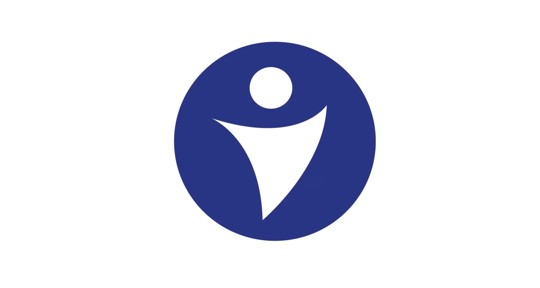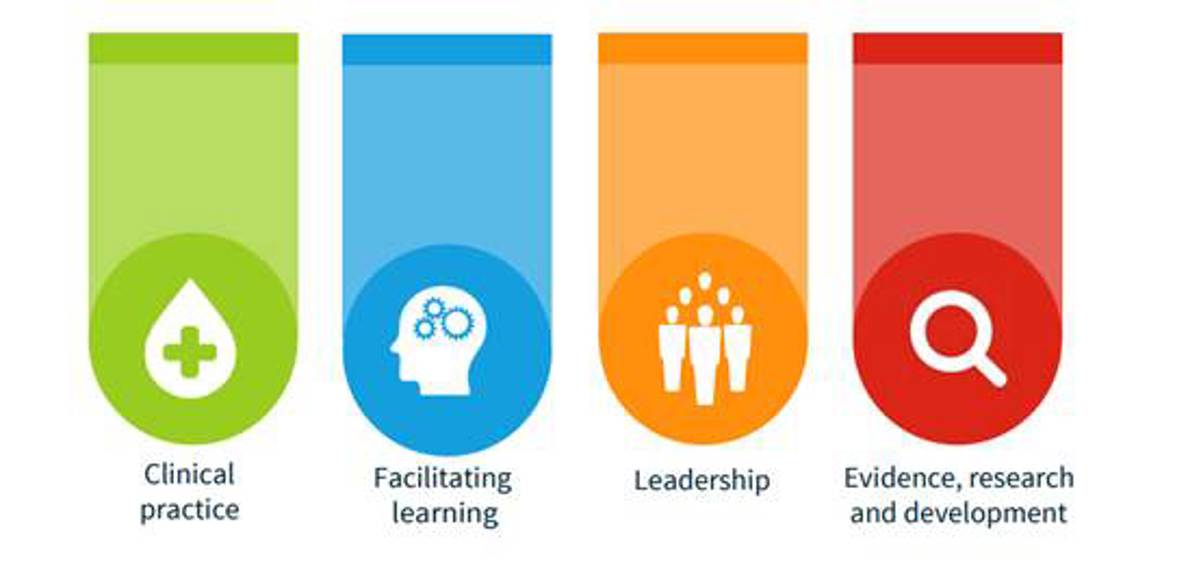Pillars of Practice
On this page
The Flying Start NHS® Programme is organised around a model called the Pillars of Practice, developed by NHS Education for Scotland (NES).
The model is not only used by NQPs, but also by Health Care Support Workers (HCSWs), registered nurses, midwives and AHPs, to show how different jobs and roles need a different mix of skills and knowledge.


Four Pillars of Practice
To complete the programme, practitioners must achieve the learning outcomes, which are structured around the four Pillars of Practice.
Each pillar includes two learning outcomes. Practitioners should reflect on how they are currently meeting or working towards these, in ways that are relevant to their role and practice setting.
Clinical practice
- Examine your practice in relation to enhancing person-centred care.
- Critically reflect on your contribution to safe care and risk management.
See the Flying Start NHS : Clinical practice unit on Turas Learn.
Facilitating learning
- Identify your learning style and ability to plan for your continued professional development.
- Demonstrate ability and understanding in supporting others to learn and develop.
See the Flying Start NHS : Facilitating learning unit on Turas Learn.
Leadership
- Explore leadership styles and reflect on your ability to lead yourself and others.
- Reflect on your values and behaviours that enable collaborative team working.
See the Flying Start NHS : Leadership unit on Turas Learn.
Evidence, research and development
- Review service user participation in your workplace and explore approached to promote feedback.
- Source and review evidence relevant to an area of your practice.
See the Flying Start NHS : Evidence, research and development unit on Turas Learn.
Knowledge, skills and behaviours
At the start of each unit, you will be encouraged to consider the Knowledge, Skills and Behaviours (KSBs) outlined within the NMAHP Development Framework. The KSBs are structured statements mapped across the four pillars of practice. These statements help practitioners to reflect and identify development areas important to their practice.
